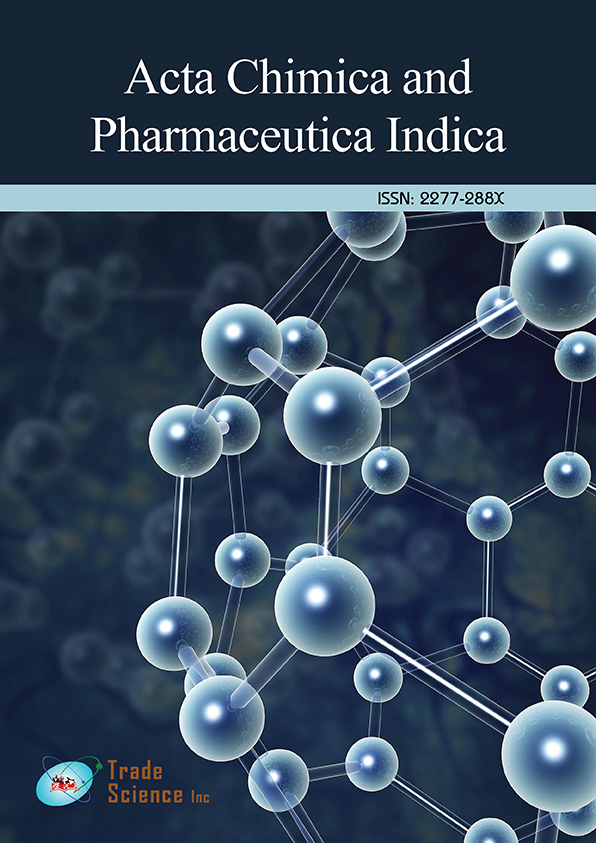Abstract
Resveratrol inhibits reactive oxygen species and the TGF/Smad pathway, which lowers gentamicin-induced EMT in the kidney.
Author(s): Amany Abdelrehim BekhitAims: Gentamicin (GEN) is one of the most valuable aminoglycoside antibiotics utilized against life-threatening bacterial infections. Unfortunately, GEN-induced nephrotoxicity limited its clinical utility. The pathologic pro- cess of nephrotoxicity caused by GEN may involve epithelial to mesenchymal transition (EMT). Resveratrol (RES) is a natural compound was revealed to inhibit EMT in kidney. The present work was conducted to explore the potential renoprotective role of RES on GEN-induced EMT. Moreover, the underlying signaling pathway of this inhibition was investigated.Main methods: Mice were treated with GEN by intraperitoneal (i.p.) route daily for 15 days to identify EMT onset with regard to GEN-induced nephrotoxicity. To assess the ameliorative role of RES against GEN-induced EMT, RES was i.p. administrated in high and low doses before and concurrently with GEN treatment.Key findings: GEN administration significantly deteriorated kidney functions. In addition, reduced glutathione (GSH) content and catalase (CAT) activity were significantly decreased with a concomitant increase in the content of kidney malondialdehyde (MDA) after GEN treatment. Histological changes and deposition of collagen were extensive in renal corpuscles and tubules. Increased expression of alpha smooth muscle actin (α-SMA), transforming growth factor-β1 (TGF-β1) and phosphorylated (p)-Smad2 were observed after GEN administration, while E-cadherin expression was decreased. On the contrary, pretreatment with both doses of RES reversed the modifications caused by GEN administration.Significance: We concluded that EMT contributes to pathogenesis of GEN-induced nephrotoxicity. RES has a protective effect on GEN-induced EMT via suppressing oxidative stress and a possible involvement of TGF-β/ Smad signaling pathway
